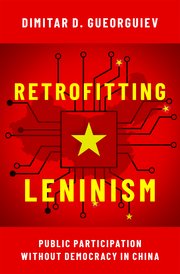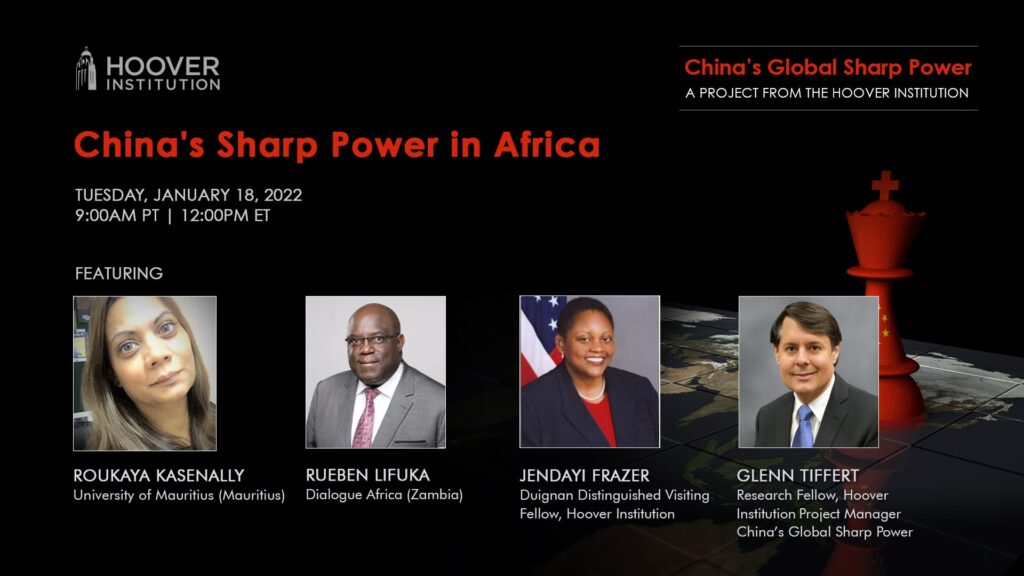Geneva discords – China and America prepare for a human-rights showdown at the UN https://t.co/kgYRrYu3QK
— Democracy Digest (@demdigest) January 10, 2022
Intel Corp. removed references to the Chinese region of Xinjiang from an open letter it sent suppliers last month, after the contents of the note sparked a social-media uproar in China and led the U.S. semiconductor company to apologize to the Chinese public, The Wall Street Journal reports:
In mid-December, Intel published a letter to its global suppliers on its website, calling on its business partners to avoid sourcing from the northwestern Chinese region, where the Chinese government has conducted a campaign of forcible assimilation against ethnic Muslim minorities. Within days, the Santa Clara, Calif.-based company was denounced by Chinese social-media users and state-run media for cutting business dealings with the region…. The chip maker apologized on Dec. 23 on its Chinese social-media accounts, adding that the letter was written to comply with U.S. law and didn’t represent its position on Xinjiang.
 United Nations institutions have said and done nothing about China’s human rights abuses in Hong Kong, Tibet and Xinjiang. Under Xi Jinping, China has become active and influential in the organization, placing diplomats in senior and junior jobs throughout the entire UN system. And China is now the second-largest contributor, after America, to the UN’s general budget, The Economist reports:
United Nations institutions have said and done nothing about China’s human rights abuses in Hong Kong, Tibet and Xinjiang. Under Xi Jinping, China has become active and influential in the organization, placing diplomats in senior and junior jobs throughout the entire UN system. And China is now the second-largest contributor, after America, to the UN’s general budget, The Economist reports:
The 47-member Human Rights Council, in theory, is free to speak up. It has rotating temporary members and no vetoes. But several egregious abusers sit on the council, as do many countries with strong economic ties with China. Diplomats say China often threatens retaliation against countries that criticise it, and offers rewards for taking its side—typically aid, loans or investment. In June Ukraine backed out of a joint statement criticising China, organised in Geneva by council members, after Chinese diplomats reportedly threatened to withhold coronavirus vaccines from the country.
China is one of several repressive states currently sitting on the Human Rights Council, according to U.N. Watch, a nonprofit organization “dedicated to holding the United Nations accountable to its founding principles” (see below).
With advances in neuro- and behavioral sciences blurring the lines between knowing how a person behaves and being able to shape that behavior, it is easy to see how a highly repressive political system – a technological Leviathan – could emerge, notes analyst Manuel Muñiz. China seems to already be deploying what some are calling a technological mandarinate, he writes for Project Syndicate.
The Hoover Project on China’s Global Sharp Power invites you to China’s Sharp Power in Africa on Tuesday, January 18, 2022 from 9:00 am – 10:00 am PT. REGISTER HERE.








